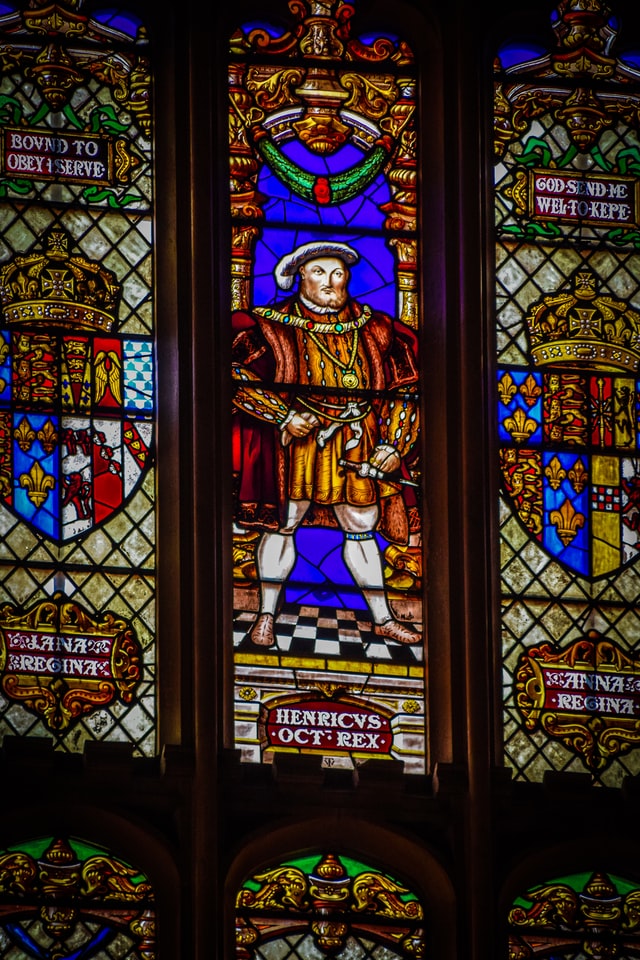The Windsors have been incredibly lucky…thus far

Originally, this was not a Windsor palace. Photo by Tom Podmore on Unsplash.
There is a final point to note about the British royal family and its finances: the Windsors are incredibly lucky.
The Windsors are immensely fortunate to have the British crown and country considering they were wholly German barely three centuries ago. Until 1714, Britain’s future King George I, ruled Brunswick-Luneburg or Hanover, probably never dreaming that the death of Queen Anne of Britain would hand him the British throne. George was privileged over and above James Stuart, Anne’s Catholic half-brother, because he was her closest living Protestant relative. So rose the star of the House of Hanover.
Less than 200 years later, King Edward VII became the first of House of Saxe-Coburg and Gotha (his father, of course was Prince Albert of Saxe-Coburg and Gotha). It was only in 1917 that the Saxe-Coburg and Gothas decided to drop their Teutonic name and reinvent themselves as the Windsors. The House of Windsor has managed, for the most part, to be relatively stable. It has had four monarchs: George V, the shortlived Edward VIII, George VI and Elizabeth II. The reigning queen has already pointed ahead to her son’s reign, so King Charles III is becoming an ever more real prospect (which should hardly be a surprise, considering he’s 73).
But what lies ahead is hard to discern. Up and down this country, people are shaking their heads over the royal family – not the queen herself, but those around her. There is a sense of outrage at Prince Andrew’s determination to pay off Virginia Giuffre, a woman who alleges sexual abuse and whom he claims not to have met. The idea that the queen will use her own money (or taxpayers’ money?) to help Andrew pay his bills is increasingly odious to lots of people. Consider the following recent conversation with some reasonable, mostly royalist English people: Why doesn’t Andrew have to take the consequences of his actions, they asked. Why hasn’t he been prosecuted? Why should he be allowed to pay his way out of this?
The sense of grievance is very real. It’s dangerous because hereditary monarchy in a democracy depends on public support. It’s well known that Prince Charles wants a “slimmed down” royal family. In fact, he should do away with it altogether, retaining just the person of the monarch as a paid head of state of the UK. That royal head of state would live in the official residence, Buckingham Palace and receive a salary. The Sovereign Grant, Civil List and Crown Estate would be a thing of the past. The monarch’s heir would be in training but gainfully employed until they assume head of state duties.
All the glitz and glamour must go. Along with Andrew and the whole lot.
(Read related blogs on the British royal family, Prince Andrew and the issue of money – ours is theirs and vice versa – here, here and here.)

